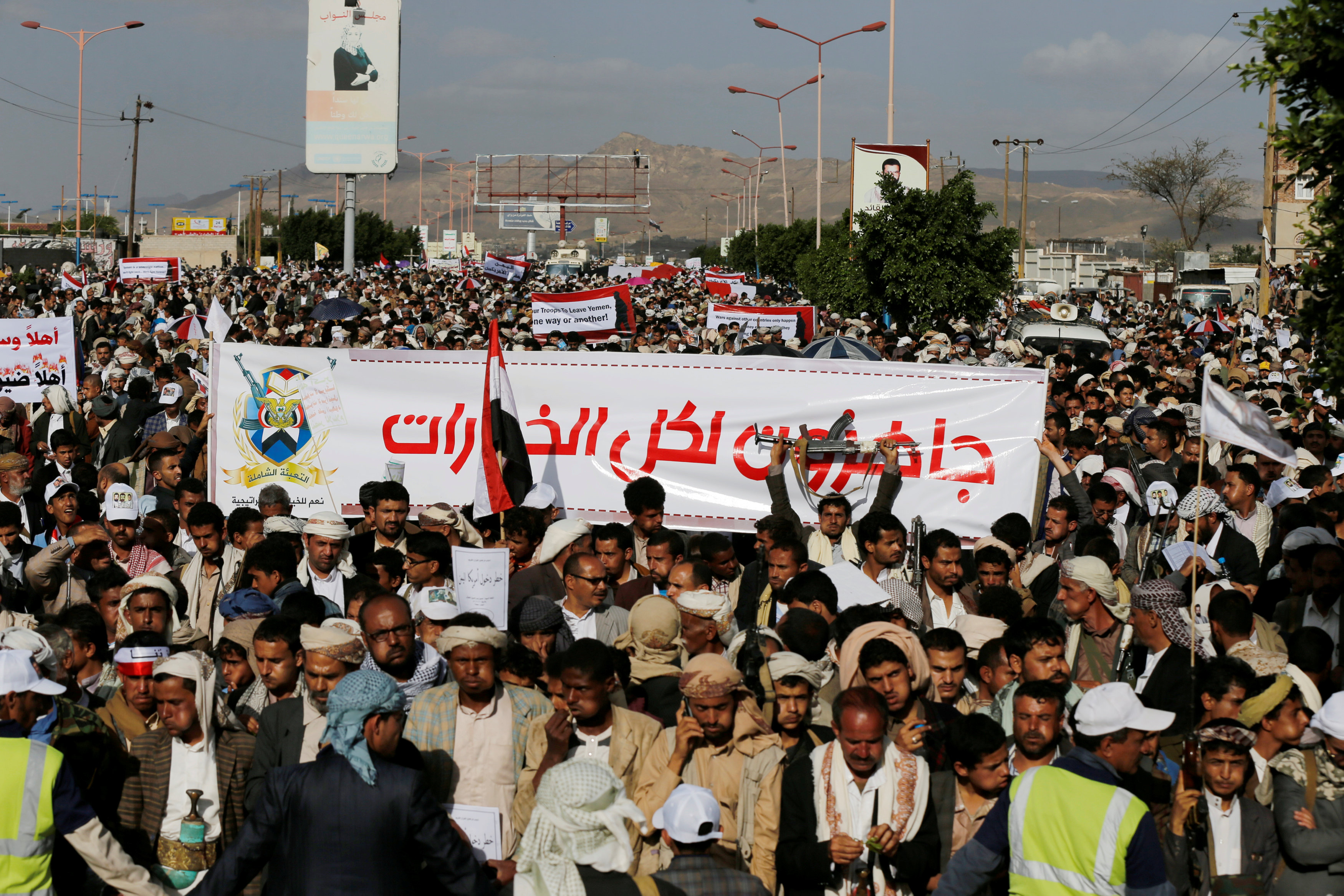
By Dmitry Zhdannikov and Rania El Gamal
LONDON/DUBAI (Reuters) – As OPEC officials gathered this week to formulate a long-term strategy, few in the room expected the discussions would end without a clash. But even the most jaded delegates got more than they had bargained with.
“OPEC is dead,” declared one frustrated official, according to two sources who were present or briefed about the Vienna meeting.
This was far from the first time that OPEC’s demise has been proclaimed in its 56-year history, and the oil exporters’ group itself may yet enjoy a long life in the era of cheap crude.
Saudi Arabia, OPEC’s most powerful member, still maintains that collective action by all producers is the best solution for an oil market that has dived since mid-2014.
But events at Monday’s meeting of OPEC governors suggest that if Saudi Arabia gets its way, then one of the group’s central strategies – of managing global oil prices by regulating supply – will indeed go to the grave.
In a major shift in thinking, Riyadh now believes that targeting prices has become pointless as the weak global market reflects structural changes rather than any temporary trend, according to sources familiar with its views.
OPEC is already split over how to respond to cheap oil. Last month tensions between Saudi Arabia and its arch-rival Iran ruined the first deal in 15 years to freeze crude output and help to lift global prices.
These resurfaced at the long-term strategy meeting of the OPEC governors, officials who report to their countries’ oil ministers.
According to the sources, it was a delegate from a non-Gulf Arab country who pronounced OPEC dead in remarks directed at the Saudi representative as they argued over whether the group should keep targeting prices.
Iran, represented by its governor Hossein Kazempour Ardebili, has been arguing that this is precisely what OPEC was created for and hence “effective production management” should be one of its top long-term goals.
But Saudi governor Mohammed al-Madi said he believed the world has changed so much in the past few years that it has become a futile exercise to try to do so, sources say.
“OPEC should recognize the fact that the market has gone through a structural change, as is evident by the market becoming more competitive rather than monopolistic,” al-Madi told his counterparts inside the meeting, according to sources familiar with the discussions.
“The market has evolved since the 2010-2014 period of high prices and the challenge for OPEC now, as well as for non-OPEC (producers), is to come to grips with recent market developments,” al-Madi said, according to the sources.
ORCHESTRATION
For decades Saudi Arabia had a preferred oil price target and if it didn’t like the prevailing market level, it would try to orchestrate a production cut or increase in OPEC. It would contribute the lion’s share of the adjustment and forgive smaller and poorer members if they failed to comply with the group’s agreement.
Back in 2008, the late King Abdullah named $75 a barrel as the kingdom’s “fair” oil price, most likely after consultations with the long-serving oil minister Ali al-Naimi.
When the Saudis orchestrated the last output cut in 2008 – to support prices during the global economic crisis – oil jumped fairly quickly back above $100 from below $40. Later Riyadh again made known its price preference on a few occasions but in recent years it has effectively stopped sending any signals.
This follows the fundamental changes on oil markets. In the past five years, the development of unconventional oil production from U.S. shale deposits and other sources such as Canadian oil sands has made redundant the idea that crude is a scarce and finite resource. Russia, which is not an OPEC member, has also contributed to the ample global supply.
“NO FREE RIDERS”
Dispensing with price targets represents a massive change in Saudi thinking. This is now being driven largely by 31-year-old Deputy Crown Prince Mohammed bin Salman, who took over as the ultimate decision maker of the country’s energy and economic policies last year.
When oil was viewed as scarce, the kingdom thought it had to maximize its long-term revenues even if that meant pumping fewer barrels and yielding market share to rival producers, according to several sources familiar with the Saudi thinking.
With the importance of oil declining, Riyadh has decided it is wiser to prioritize market share, the sources say. It believes it will be better off producing more at today’s low prices than reducing output, only to sell the oil for even less in the future as global demand ebbs.
On top of this, Riyadh has pressing short-term needs including tackling a budget deficit which hit 367 billion riyals ($97.9 billion) or 15 percent of gross domestic product in 2015.
“The oil industry is, relatively speaking, not a growth industry any more,” said one of the sources familiar with the Saudi views inside the OPEC governors’ meeting.
In the past, low oil prices used to push global demand much higher but today’s rising efficiency of motor vehicles, new technology and environmental policies have put a lid on growth.
Despite record low prices in the past year, demand is not expected to grow by more than 1 million barrels per day in 2016, just one percent of global demand.
One thing is guaranteed: the kingdom will not go back to the old pattern of cutting output any time soon to support prices for the benefit of all producers, Saudi sources say.
“The bottom line is that there will be no free riders any more,” al-Madi said at Monday’s meeting. “Some OPEC members should ‘walk the talk’ first,” he told his colleagues.
Even Riyadh’s rivals doubt it will perform any U-turn. “Saudi Arabia doesn’t give a damn about OPEC any more. They are after U.S. shale, Canadian oil sands and Russia,” a non-Gulf OPEC source said.
(Additional reporting by Alex Lawler; writing by Dmitry Zhdannikov; editing by David Stamp)












